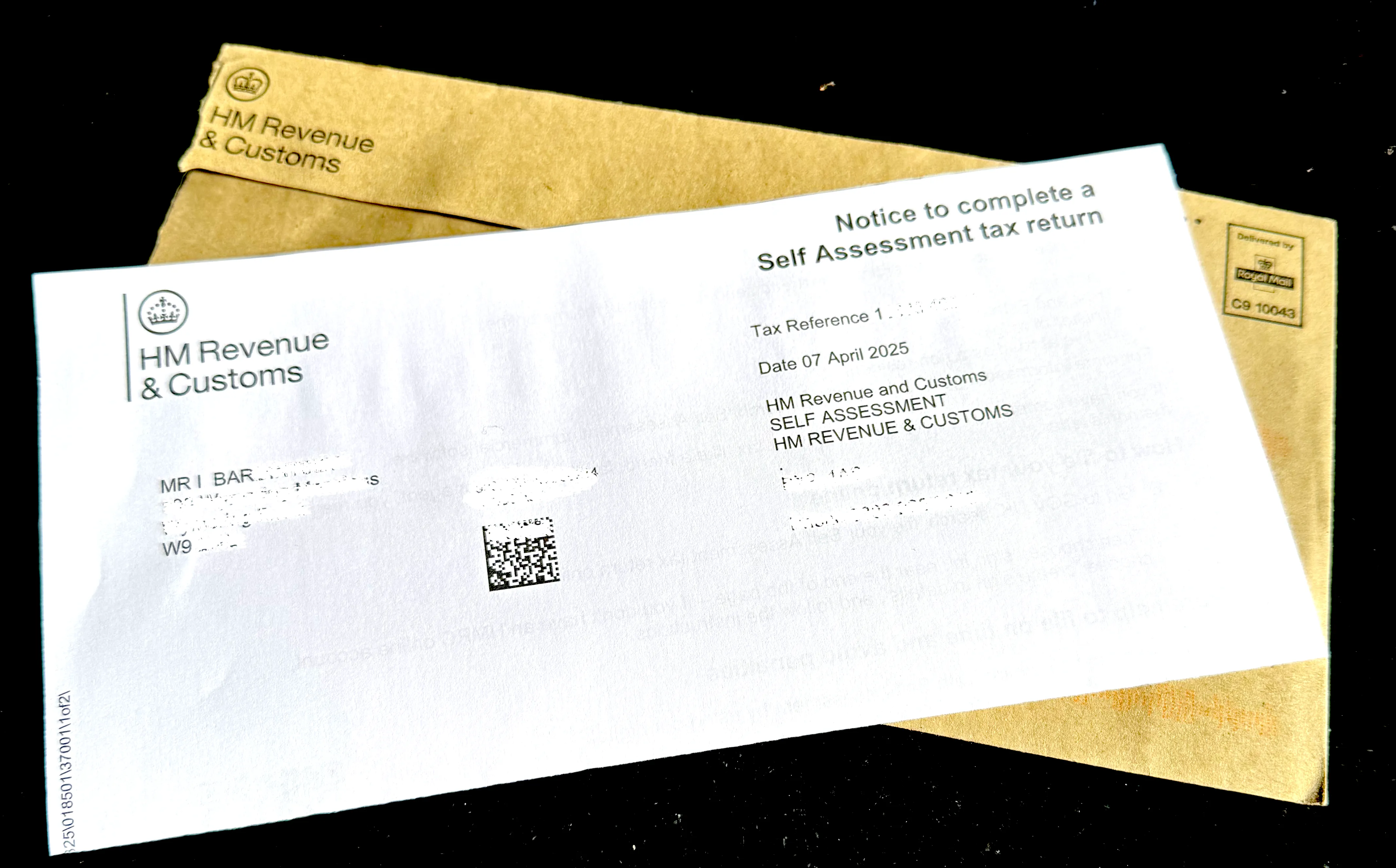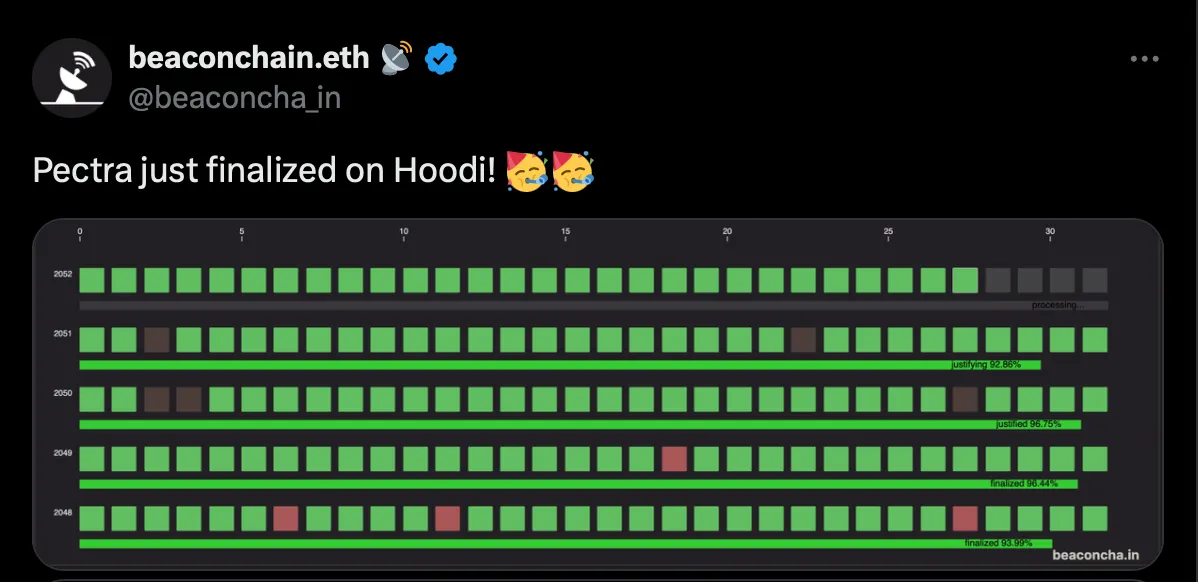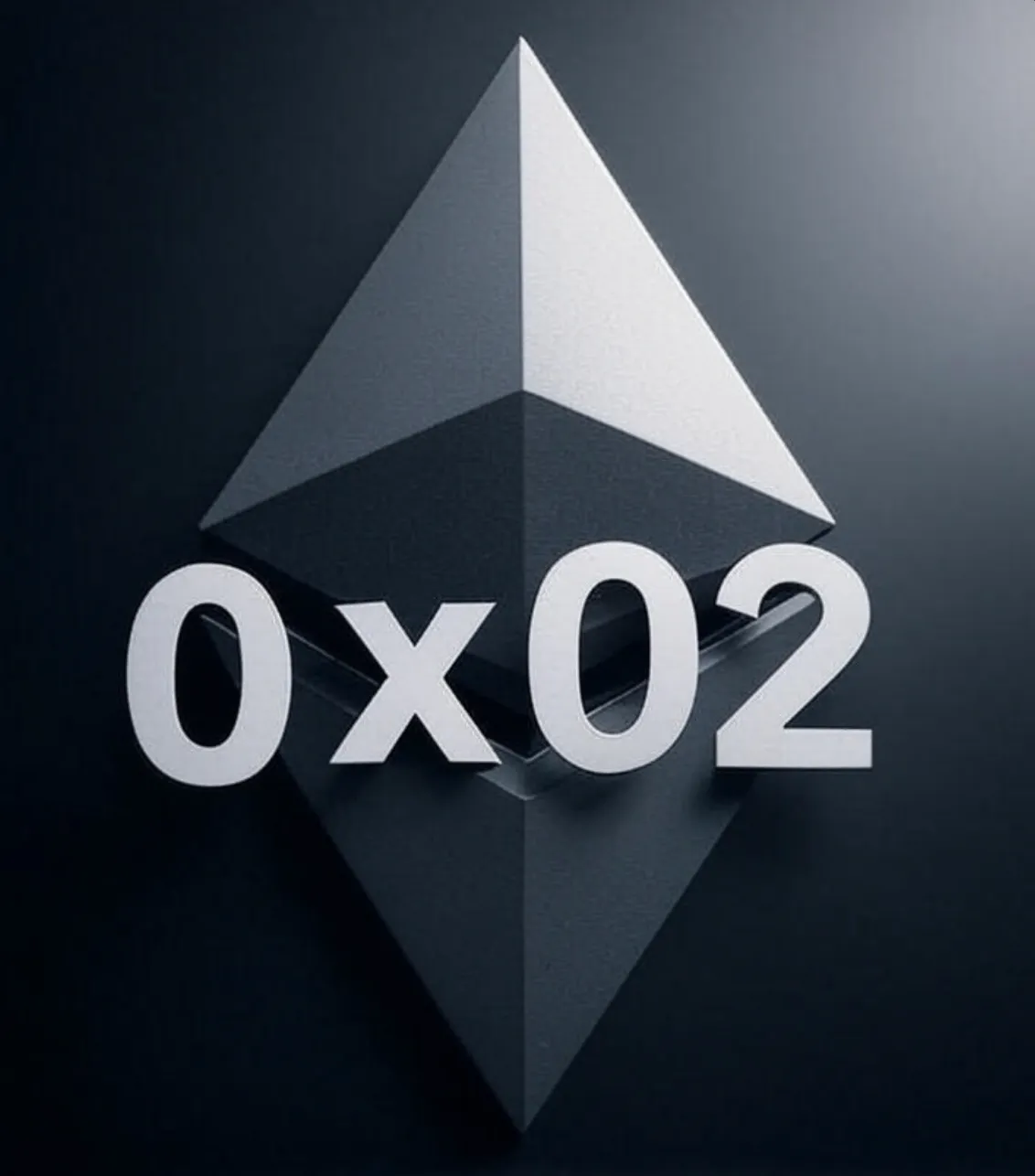UK Tax Treatment of Compounding Ethereum Validator Rewards
Following the “Pectra” upgrade, Ethereum’s Beacon Chain allows validators to switch to type 0x02, enabling them to choose automatic compounding of rewards rather than receiving weekly auto-withdrawals. That change raises the question: when do UK-resident validators recognise the compounded consensus rewards for tax purposes under HMRC rules?
Overview
HMRC has not released Pectra-specific guidance, but the existing Cryptoassets Manual and DeFi-staking commentary already cover the key principles. Broadly:
- Nature of the reward – Consensus-layer ETH issued as a reward for validating is normally treated as income, not capital, unless the validator is operating a financial-trade business.
- Timing of “receipt” – Income is recognised when the validator obtains dominion & control: i.e., the tokens are credited to an account the taxpayer can draw on, even if they choose to leave them on-chain and reinvest.
- Valuation – The sterling value of the ETH on that receipt date sets both the miscellaneous-income figure and the acquisition cost for later CGT on disposal.
- No change from compounding – Simply allowing rewards to roll into the validator balance does not defer taxation if the validator can exit and withdraw at will; HMRC deems the ETH “received” as soon as it is available to claim.
HMRC Framework for Staking Rewards
Income vs Capital Classification
- Miscellaneous income: For most hobbyist validators, staking does not constitute a full trade. HMRC therefore taxes the sterling value of newly awarded ETH as miscellaneous income.
- Trading income: Large-scale professional operators running multiple nodes as a business may fall into the trading rules if activity, organisation and commerciality thresholds are met.
- Capital treatment: DeFi lending/staking guidance shows that certain returns can be capital receipts. However, validator block rewards are usually pre-agreed (deterministic rate) and paid continuously, indicators that HMRC classifies them as revenue.
The Test for “Received”
HMRC’s general income-tax rule is that income becomes taxable as soon as it is credited to an account the taxpayer can freely access.
Crypto manuals echo this:
- CRYPTO21200: staking tokens are taxable “at the time of receipt”; if kept they may later trigger CGT on disposal.
- Professional summaries repeat that staking rewards are taxable when the taxpayer “can access, spend or transfer” them, regardless of whether they actually do so.
Dominion & Control in a Validator Context
With an Ethereum validator:
- Rewards are instantly reflected in the validator’s consensus-layer balance (not a validators effective balance).
- The operator can exit the validator queue at any time (subject to protocol withdrawal delays) and withdraw the accumulated ETH to an execution-layer address.
Because the validator retains unilateral control to trigger withdrawal, HMRC is likely to view each reward increment as “received” immediately, even if compounding is enabled. Compounding merely changes how often the ETH is swept to the execution layer; it does not remove the underlying control.
Compounding Versus Weekly Auto-Withdrawals
| Feature | Current Weekly Sweep | Post-Pectra Compounding | Tax Implication |
|---|---|---|---|
| Consensus rewards visibility | Credited to validator balance daily; swept to execution address roughly every week | Credited to validator balance daily; no automatic sweep | No difference – credited balance is still within taxpayer control so income arises daily/week-to-week |
| Ability to access rewards | Immediate once sweep hits execution address | Validator must voluntarily initiate exit or partial withdrawal, but can do so at will | Control exists either way; HMRC treats both as “received” on credit |
| Record-keeping burden | Weekly valuation points | Potentially daily valuation points | Validators should adopt reasonable periodic valuations (e.g., daily UTC close price) and keep audit trail |
Alternative View: Deferral Until Withdrawal?
Some commentators argue for deferral where tokens in DeFi protocols are generally “locked” and thus inaccessible (e.g., vesting schedules, DeFi contracts with fixed lock-ups). In the validator case, however, the ETH is reachable by an exit transaction the operator can submit at any moment, so the lock-argument is weak. Absent fresh HMRC guidance, taking the conservative stance is prudent.

Case Study: Tax Implications of Trading Crypto on Margin for UK Taxpayers

Happy New Tax Year 2025/2026, UK!

